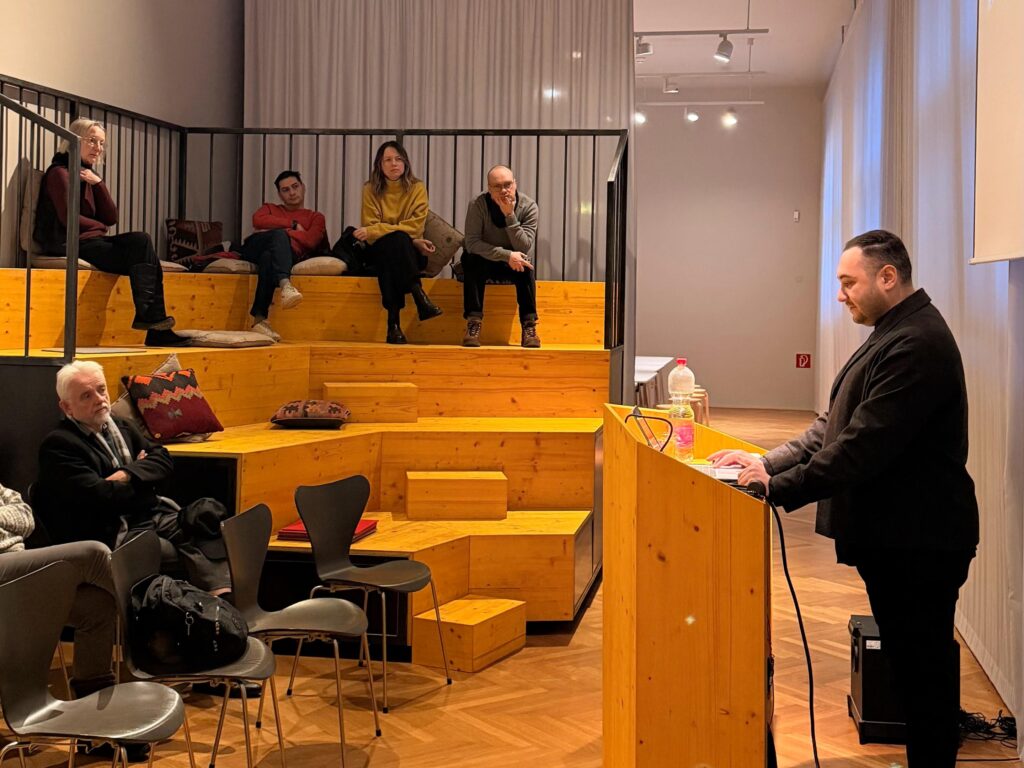It’s Ability! Fostering the Integration of Caregivers for Persons with Disabilities among Ukrainian Refugees in Germany, Poland, and Lithuania
Many Ukrainians who fled the war now live in other countries and care for family members with disabilities every day. Adapting to a new life is already challenging — and the added responsibilities of caregiving, emotional burnout, and lack of support make it even harder. Too often, these people remain invisible — they don’t even have access to basic information or assistance.
The project “It’s Ability!” was created specifically for them. We’ve joined forces across three organizations — Austausch e.V. and the INKuLtur programme from Berlin, the Lithuanian Disability Forum in Vilnius. Since 2022, we’ve all been actively supporting Ukrainian refugees with disabilities and their families. Now we’re launching a shared initiative to make that support more consistent, accessible, and effective.
What we do:
- We research the needs of people with disabilities and their caregivers, and share this knowledge with organizations that can help them.
- We offer guidance on integration: organizing meetings, training sessions, support groups, and connecting participants with mentors who’ve had similar experiences.
- We support access to employment or internships, helping people understand the local job market, practice the language, and build confidence.
- We run awareness campaigns to make sure policymakers, employers, and the public know about this group’s challenges and strengths.
- We bring people and organizations together — grassroots initiatives, local authorities, researchers, experts, and the community itself — to work toward shared solutions.
Why this matters:
Our main goal is to ensure that people with disabilities and their caregivers among Ukrainian refugees not feel alone in their struggles.
We want to:
- Ensure that the perspectives of those often overlooked are acknowledged and included.
- Provide access to essential information and support.
- Open doors to employment and self-realization.
- Show that caregiving doesn’t have to be a burden — not when understanding and support are close by.
How we work:
We already have strong partnerships with organizations, experts, and activists across Europe. Throughout the project, these networks will grow stronger — through collaboration, shared learning, and reflection on what works.
Most importantly, we involve the people we support at every stage of the process. Because no one understands these challenges better than those who live them every day.
The project will run from May 2025 to October 2026.
The project is part of the Social Innovation+ Initiative funded by the European Union. Views and opinions expressed are however those of the author(s) only and do not necessarily reflect those of the European Union or European Social Fund Agency. Neither the European Union nor the Granting Authority can be held responsible for them.
*In this project, we use the term “people with disabilities” as an umbrella for a wide range of experiences: physical, sensory, and cognitive disabilities; mental health; neurodiversity; chronic conditions; as well as war-related trauma and injuries.





